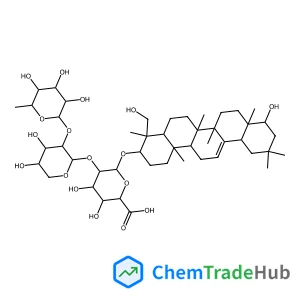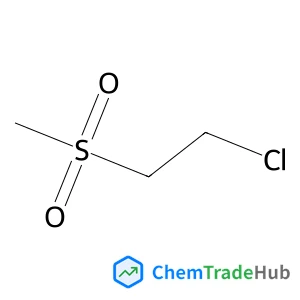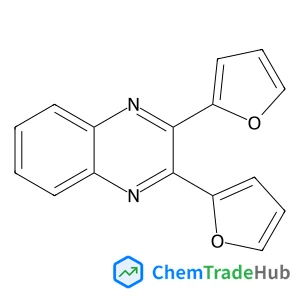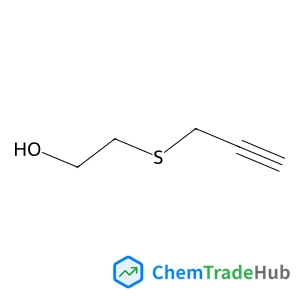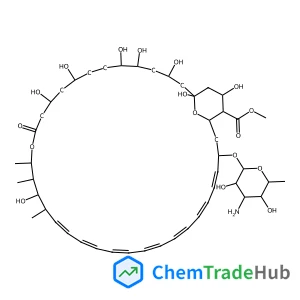Autonomous polymer synthesis delivered by multi-objective closed-loop optimisation
文献情報
Stephen T. Knox, Sam J. Parkinson, Clarissa Y. P. Wilding, Richard A. Bourne, Nicholas J. Warren
Application of artificial intelligence and machine learning for polymer discovery offers an opportunity to meet the drastic need for the next generation high performing and sustainable polymer materials. Here, these technologies were employed within a computationally controlled flow reactor which enabled self-optimisation of a range of RAFT polymerisation formulations. This allowed for autonomous identification of optimum reaction conditions to afford targeted polymer properties – the first demonstration of closed loop (i.e. user-free) optimisation for multiple objectives in polymer synthesis. The synthesis platform comprised a computer-controlled flow reactor, online benchtop NMR and inline gel permeation chromatography (GPC). The RAFT polymerisation of tert-butyl acrylamide (tBuAm), n-butyl acrylate (BuA) and methyl methacrylate (MMA) were optimised using the Thompson sampling efficient multi-objective optimisation (TSEMO) algorithm which explored the trade-off between molar mass dispersity (Đ) and monomer conversion without user interaction. The pressurised computer-controlled flow reactor allowed for polymerisation in normally “forbidden” conditions – without degassing and at temperatures higher than the normal boiling point of the solvent. Autonomous experimentation included comparison of five different RAFT agents for the polymerisation of tBuAm, an investigation into the effects of polymerisation inhibition using BuA and intensification of the otherwise slow MMA polymerisation.
関連文献
IF 6.367
Catalytic depolymerization of alkali lignin in ionic liquids on Pt-supported La2O3–SO42−/ZrO2 catalystsIF 6.367
Contents listIF 6.222
MnO/C cubo-polyhedrons derived from α-MnO2@ZIF-8 as anode materials for high-performance lithium-ion batteriesIF 6.367
Water-soluble pH-switchable cobalt complexes for aqueous symmetric redox flow batteriesIF 6.222
Life cycle assessment of plasma-assisted ethylene production from rich-in-methane gas streamsIF 6.367
CaMoO4 nanosheet arrays for efficient and durable water oxidation electrocatalysis under alkaline conditionsIF 6.222
Life cycle assessment of power-to-gas with biogas as the carbon sourceIF 6.367
Contents listIF 6.222
Transition metal chemistry in synthetically viable alkaline earth complexes M(Cp)3− (M = Ca, Sr, Ba)IF 6.222
掲載誌
Polymer Chemistry
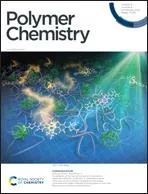
Polymer Chemistry welcomes submissions in all areas of polymer science that have a strong focus on macromolecular chemistry. Manuscripts may cover a broad range of fields, yet no direct application focus is required.
おすすめサプライヤー
 DSM コンピュータ AG
DSM コンピュータ AG 広州恒石輸出入貿易有限公司
広州恒石輸出入貿易有限公司 イ有意思的翻译有点问题,应该是无锡嘉屹化工有限公司\n无锡嘉屹化工有限公司
イ有意思的翻译有点问题,应该是无锡嘉屹化工有限公司\n无锡嘉屹化工有限公司 Werksitz株式会社
Werksitz株式会社 常州凯康生物科技有限公司
常州凯康生物科技有限公司 湖南ナシャン電子科技有限公司
湖南ナシャン電子科技有限公司 东莞市合创新材料科技有限公司 → 変革新材料科技股份有限公司;set此文本不包括多余的转换或翻译,保持地名原样。
东莞市合创新材料科技有限公司 → 変革新材料科技股份有限公司;set此文本不包括多余的转换或翻译,保持地名原样。 Emile Egger&Cie SA
Emile Egger&Cie SA 辽宁华兴グループ化学株式会社
辽宁华兴グループ化学株式会社 Dinkelberg analytics GmbH
Dinkelberg analytics GmbH










